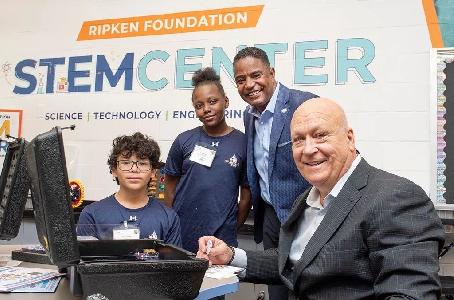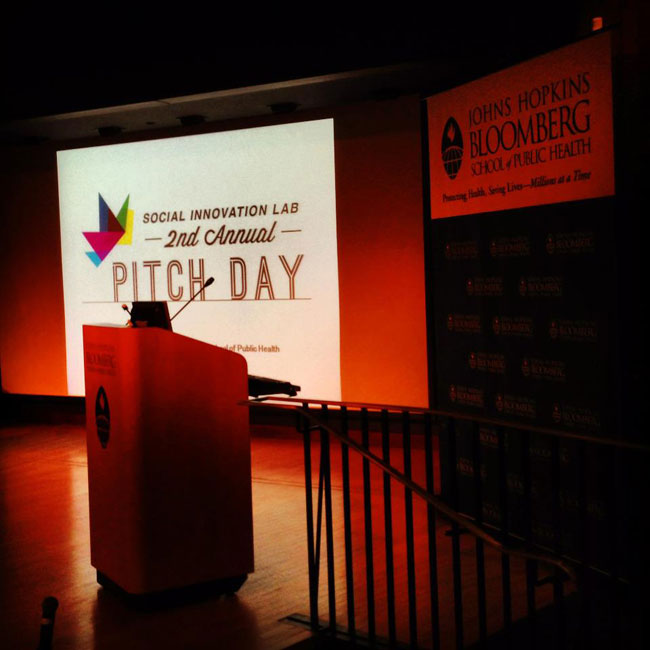One project that came out of June’s civic hackathon is among 13 web-based applications chosen for the latest class of the Johns Hopkins University‘s incubator for early-stage startups with some sort of social mission.
BMoreSheltr, Baltimore’s version of a homelessness services location tool, will receive $1,000 in seed funding along with the 12 other projects in the 2013-2014 class of the Social Innovation Lab (SIL). The lab, founded in 2011 at Hopkins, focuses its energies on for-profit and non-profit ventures founded by social entrepreneurs.
View all 13 projects here.
As SIL executive director Kunal Parikh told Technical.ly Baltimore earlier this year, social entrepreneurship means “solving a social problem using business as a tool.”
The lab accepts projects from mainly college-age entrepreneurs, but each project must have a least one person — undergraduate or graduate student, or a faculty member — from Johns Hopkins.
Originally conceived as Sheltr++ during June’s civic hackathon, BMoreSheltr is an Android app for finding homelessness services that was completed by Hopkins students during September’s HopHacks hackathon. The app was recently the recipient of the $1,000 Civic Innovation Prize at gb.tc‘s Tech Night.
Join the conversation!
Find news, events, jobs and people who share your interests on Technical.ly's open community Slack

Baltimore daily roundup: Find your next coworking space; sea turtle legislation; Dali raided and sued

Baltimore daily roundup: Johns Hopkins dedicates The Pava Center; Q1's VC outlook; Cal Ripken inaugurates youth STEM center

Baltimore daily roundup: Scenes from an epic Sneaker Ball; Backpack Healthcare in Google AI accelerator; local tech figures' podcast

